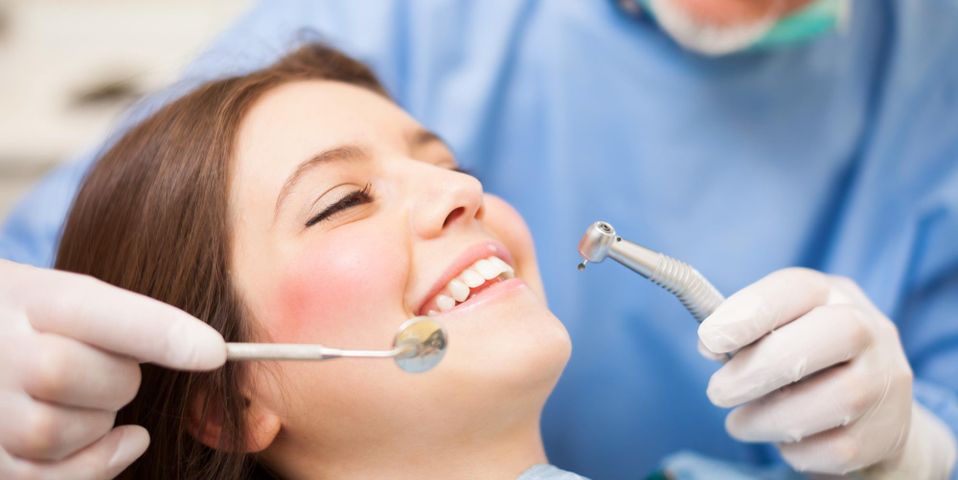
When it comes to dental surgery, dentoalveolar procedures are those that involve the alveolar, which is a bony ridge that surrounds teeth. These procedures can be used to treat a wide range of issues, including orthodontic problems and decay. The following are just a few types of dentoalveolar surgery.
Tooth Extractions
Tooth extractions occur for a variety of reasons. For instance, a severely decayed tooth usually needs to be removed to prevent more serious infections from forming. Damage to the tooth, such as a crack or fissure, can also call for an extraction, as can the growth of wisdom teeth, which may cause orthodontic issues like crowding. After a tooth is extracted, your dentist may discuss dental implants, which mimic the look and feel of natural teeth.
Root Canals
 Root canals are a common form of dental surgery. Instead of extracting the problem tooth, your oral surgeon may instead try to preserve it using this procedure. This involves removing the pulp and other tissue inside the tooth, which may be infected or otherwise damaged. They will then cleanse the inner recess before filling it with a stabilizing material.
Root canals are a common form of dental surgery. Instead of extracting the problem tooth, your oral surgeon may instead try to preserve it using this procedure. This involves removing the pulp and other tissue inside the tooth, which may be infected or otherwise damaged. They will then cleanse the inner recess before filling it with a stabilizing material.
Removal of Cysts & Lesions
Cysts can sometimes develop within the jaw bone. While they are usually non-cancerous, they can still cause serious dental issues, including the misalignment of teeth. Dental surgery is typically recommended to remove the cyst and the surrounding tissues. The tissue is then tested to determine whether further treatment is needed.
Andrew R. Glenn of Lincoln, NE, knows that dental surgery can be the source of anxiety for many patients. That’s why this dentist and his team take the time to address any concerns you have about the surgery. Schedule an appointment today by calling (402) 421-3401. You can also learn more about their procedures by visiting the website.
About the Business
Have a question? Ask the experts!
Send your question

